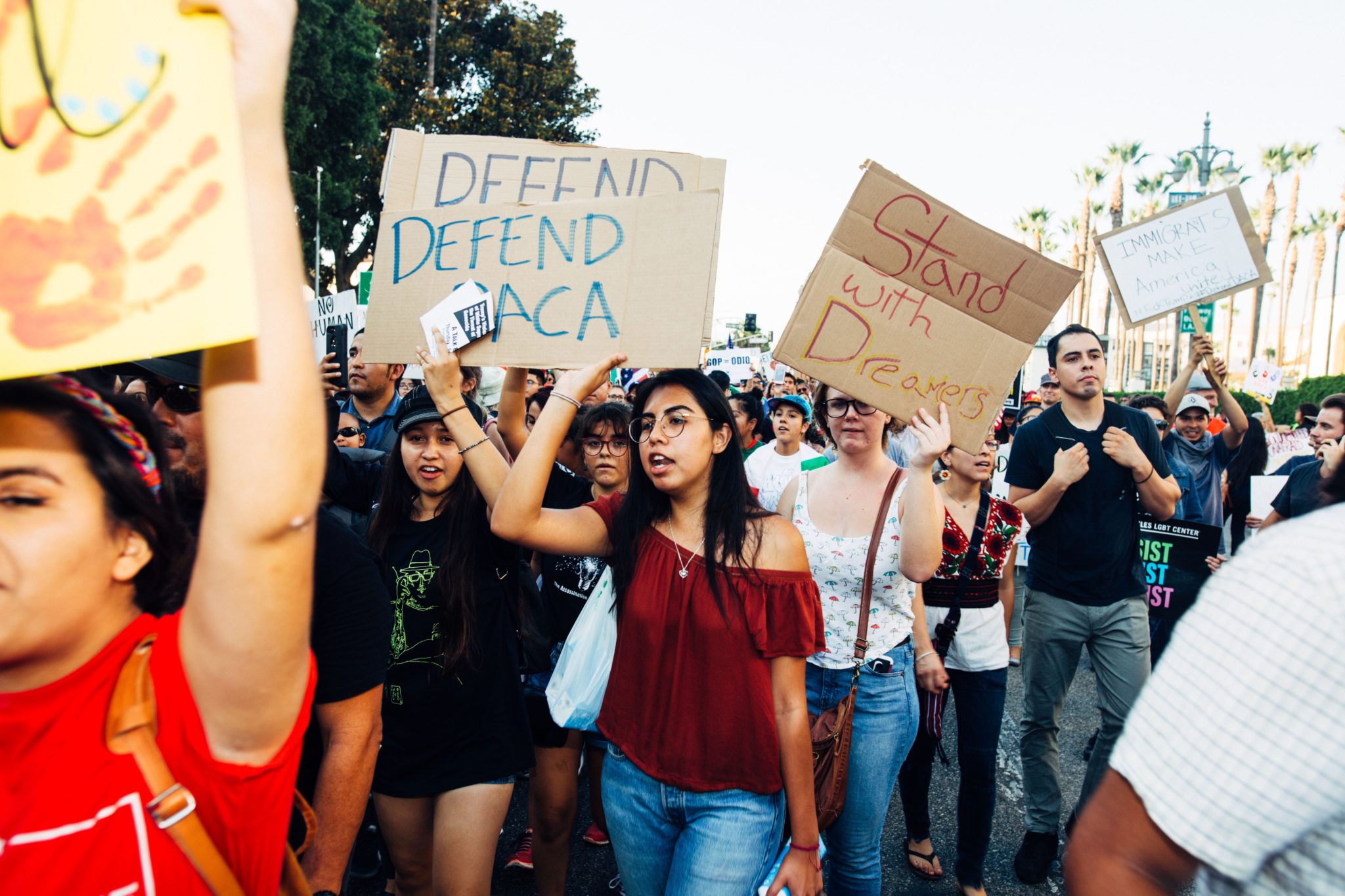Washington, D.C. – Bread for the World celebrated the Supreme Court’s decision today which prevents the Trump administration from ending the Deferred Action for Childhood Arrivals (DACA) program. The following statement can be attributed to Rev. David Beckmann, president of Bread for the World:
“Today’s Supreme Court decision prevents the removal of the hundreds of thousands of DACA recipients who are making positive contributions to our country. More than 200,000 DACA recipients are front-line workers and are putting their health on the line every day to keep the U.S. going during this unprecedented pandemic. They are doctors, nurses, factory and food production workers, and other essential workers who Americans continue to rely on.
“Bread’s work on immigration reform is rooted in our Christian faith – and God’s commandment to love and care for our neighbors. Many of the young people who enrolled in the DACA program are from households that often experience hunger and poverty. They have worked hard and played by the rules to build a better life for themselves and their families.
“We urge the administration to automatically extend DACA permits that expire in 2020 and ask Congress to pass legislation granting permanent legal status to DACA recipients and putting them on a path to citizenship.”



